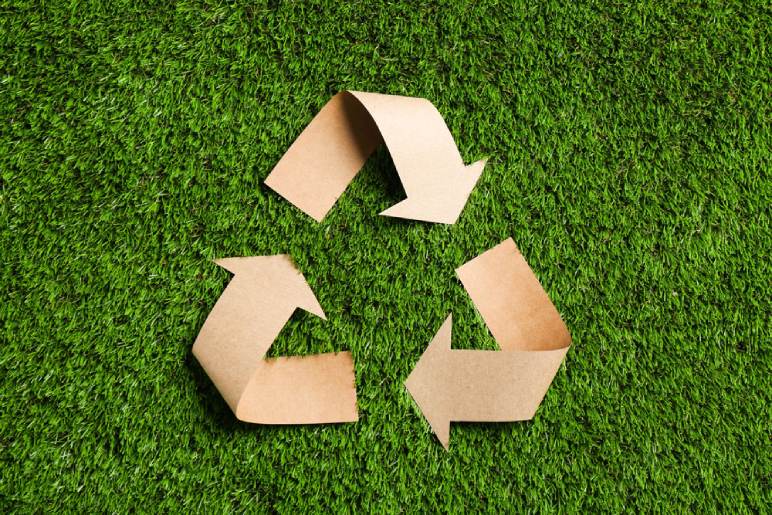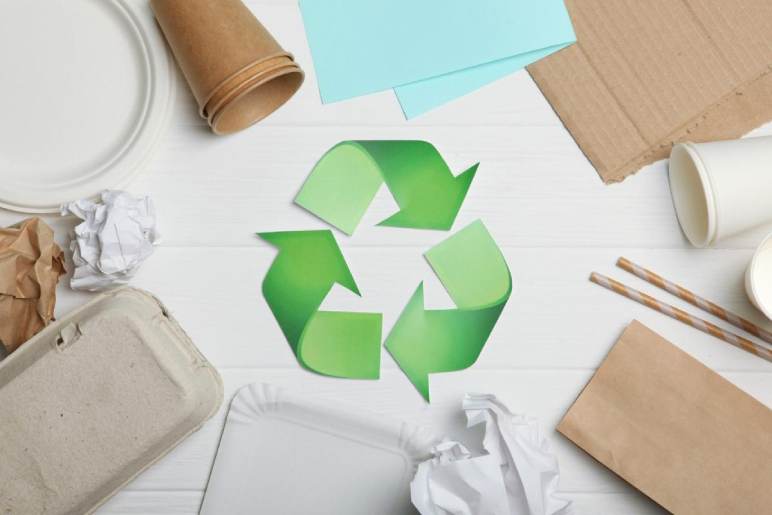In today’s fast-paced world, we often overlook the simple things that have a significant impact on our environment. Paper, a seemingly innocuous part of our daily lives, contributes heavily to deforestation, water pollution, and greenhouse gas emissions. But the good news is, by making small changes in our paper consumption habits, we can collectively make a big difference for the planet we call home.
The Hidden Cost of Paper

Paper production is a resource-intensive process. Trees, a vital component of our ecosystem, are cut down to meet the ever-growing demand for paper products. This deforestation not only disrupts habitats but also diminishes the Earth’s natural ability to absorb carbon dioxide, a major contributor to climate change.
Beyond deforestation, paper production requires vast amounts of water and energy. Chemicals like bleach and chlorine are used in the process, polluting waterways and harming aquatic life. Additionally, the transportation and disposal of paper further add to the environmental burden.
Embracing a Paperless Lifestyle

The digital age has opened doors to a world where paper is no longer the sole option for information storage and communication. Here are some ways we can embrace a paperless lifestyle:
- Go Digital with Bills and Statements: Opt for e-billing for your bank statements, utility bills, and subscriptions. Most companies offer this option online, saving paper and making it easier to access and manage your finances.
- Embrace Cloud Storage: Ditch the filing cabinets and folders. Utilize cloud storage platforms like Google Drive or Dropbox to store important documents securely and access them from anywhere.
- Ditch Paper Receipts: Many stores now offer digital receipts via email or SMS. You can also use apps that scan and store receipts electronically, eliminating the need for paper clutter.
- News Apps and E-Readers: Stay informed and entertained electronically. News apps deliver the latest headlines, while e-readers offer a vast library of books you can carry with you on a single device.
- Double-Sided Printing: When printing is unavoidable, make the most of it. Choose the double-sided printing option to reduce paper usage by half.
- Proofread Diligently: Avoid unnecessary printing by thoroughly proofreading documents digitally before hitting print.
- Reuse Paper Scraps: Don’t throw away those misprints or one-sided sheets. Use them for note-taking, grocery lists, or even creative projects like origami.
The Power of Recycling

While reducing paper consumption is paramount, complete elimination might not be always feasible. Here’s where recycling comes in. Recycling paper reduces the need for virgin trees and conserves resources like water and energy.
- Invest in a Recycling Bin: Keep a designated bin specifically for paper waste. This encourages proper disposal and facilitates easy collection for recycling.
- Know What’s Recyclable: Familiarize yourself with the types of paper accepted in your local recycling program. This might include newspapers, magazines, cardboard boxes, and office paper.
- Recycle Right: Don’t contaminate your recyclables with food or liquids. Check for any specific instructions from your local recycling provider to ensure proper sorting.
Spreading Awareness: A Collective Effort
Reducing paper use is a collective responsibility. Here are some ways to spread awareness and inspire others:
- Lead by Example: Implement paper-saving practices in your own life and encourage others to do the same. Share your tips and success stories with friends, family, and colleagues.
- Organize Paper Reduction Campaigns: If you’re part of a school, office, or community organization, initiate campaigns to raise awareness about the environmental impact of paper. Hold workshops or contests to promote paperless alternatives.
- Support Eco-Friendly Businesses: Choose companies that use recycled paper products and have sustainable practices. This sends a message that consumers value eco-consciousness.
Conclusion: Every Sheet Counts
Reducing paper use might seem like a small action, but the collective impact is significant. By making conscious choices and embracing paperless alternatives, we can conserve precious resources, protect our forests, and contribute to a healthier planet for ourselves and future generations. Remember, every sheet of paper saved is a step towards befriending our planet. Let’s join hands and write a new chapter – one where sustainability takes center stage.

